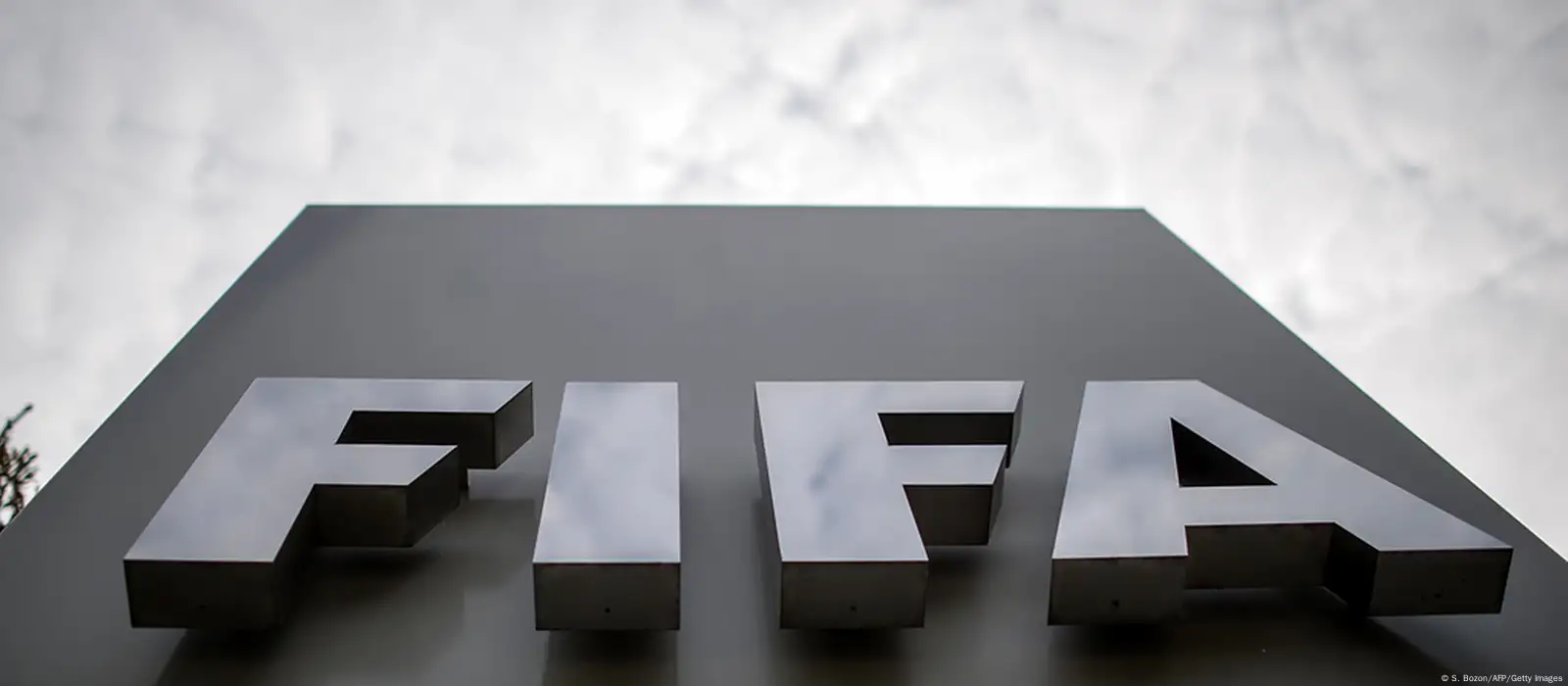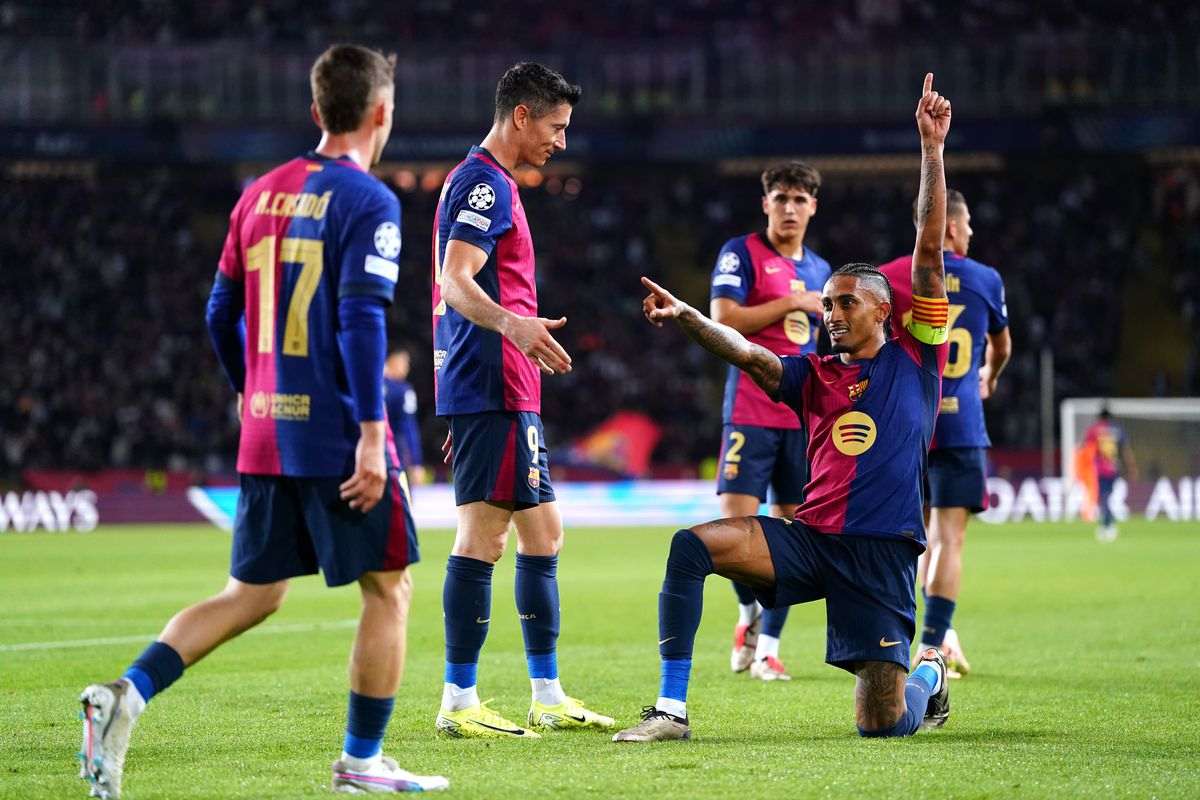

Key Takeaways:
- During the Under-20 World Cup, FIFA tested a system allowing coaches to request VAR reviews using “review cards”
- The first public use of this rule occurred in the Morocco v France semi-final, where the Moroccan coach requested a penalty review
- Each coach starts with one review card per half, retaining the card after a successful challenge and forfeiting it after an unsuccessful attempt
Testing New Frontiers in Video Review
FIFA is exploring a radical adjustment to the current use of video technology in football, granting head coaches the ability to directly influence refereeing decisions. Introduced at the Under-20 World Cup, this innovative concept adopts a method long established in tennis, volleyball, and cricket, with ‘review cards’ distributed to each coach at the beginning of the match. With these cards, coaches can officially request the referee to review an incident using VAR.
During the U20 World Cup semi-final, Morocco coach Mohamed Ouahbi used the new 'challenge card' introduced by FIFA to allow a manager to call for a VAR review, challenging a possible refereeing error 😳🟦
The card is being trialled at the U20 WC, with a view to being… pic.twitter.com/6Cmvu8XrjR
— OneFootball (@OneFootball) October 16, 2025
Notable Implementation in Semifinal Clash
The new protocol was first observed during the Morocco versus France semi-final, which saw Morocco emerge victorious on penalties. The Moroccan coach made use of the review card by signalling for a VAR review of a possible foul in the penalty area, thereby providing a practical demonstration of the system’s application on the world stage.
Structure and Strategic Use of Review Cards
According to the current guidelines of the trial, each team receives two review cards at the start of a fixture. When a coach suspects an error—such as a missed penalty or incorrect card shown—they may surrender a card to command a video review. If the challenge is upheld and the initial decision is overturned, the review card is returned and may be used again. Conversely, if the review does not lead to a change, the card is lost, compelling coaches to carefully consider the timing and significance of their requests.
| Review Card System Rules | Details |
|---|---|
| Cards per Match | Two per coach (one per half) |
| Card Retention | Retained if the challenge leads to a change in decision |
| Card Loss | Forfeited if the challenge fails |
| Initiation Timing | Challenges must be raised within seconds of the incident |
Reactions and Future Prospects
This experimental move has stimulated debate throughout the football community. Advocates suggest that distributing the responsibility for contentious decisions between referees and coaches could ease officiating pressure. Opponents have voiced concerns that the procedure might interrupt game flow or be manipulated tactically during crucial moments late in matches.
While the system remains in a testing phase, its acceptance and effectiveness during the Under-20 World Cup could prompt its adoption at football’s highest levels in forthcoming seasons.




